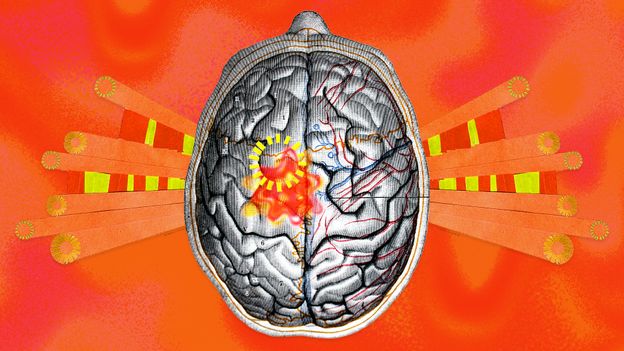T4K3.news
Extreme heat raises stroke mortality risk
Recent studies show rising temperatures may add over 10,000 stroke deaths annually.

As heatwaves grow more extreme, the impact on our brains becomes increasingly concerning.
Rising temperatures threaten brain health
Recent studies show that rising temperatures are linked to a higher incidence of strokes and mortality rates. For instance, research examining stroke mortality data from 25 countries found that the hottest days were associated with a slight increase in death rates from ischemic strokes. While a rise of two additional deaths per 1,000 may seem small, it translates to over 10,000 extra deaths annually when considering the seven million stroke fatalities worldwide. Bethan Davies, a leading geriatrician, stated that climate change will likely worsen this trend in the future.
Key Takeaways
"The hottest days contributed two excess deaths per 1,000 strokes."
This indicates the direct impact of heat on stroke mortality as discussed by a leading expert.
"Heat may well be contributing to over 10,000 additional stroke deaths per year."
Bethan Davies highlights the alarming implications of heat waves on health.
"Climate change is likely to exacerbate this in years to come."
Davies warns that worsening climate conditions will further threaten health.
The relationship between heat and brain health reveals a troubling aspect of climate change. As heatwaves become more severe, the potential threat to public health escalates. Increased mortality from strokes is just one example of how climate conditions can directly affect our biological systems. This finding raises critical questions about the need for adaptive health strategies to protect vulnerable populations as we face a hotter future.
Highlights
- Extreme heat is more than just uncomfortable; it is deadly.
- Climate change could add 10,000 extra stroke deaths annually.
- We need to prepare our healthcare systems for heat-related crises.
- Rising temperatures are rewriting the rules of public health.
Public health risk from climate change
The rise in temperatures linked to climate change poses significant health risks, especially increasing stroke mortality rates. This sensitive issue requires urgent attention from policymakers and health professionals.
Addressing climate change is not just an environmental issue, but a public health imperative.
Enjoyed this? Let your friends know!
Related News

Extreme heat linked to accelerated biological aging

UK tourists warned of extreme heat in Greece

Medications can increase heat illness risk

Heat wave affects over 80 million Americans

Greece initiated weather alerts for high temperatures

Flash flood warnings issued for millions in eastern US

Young stroke survivor becomes wrestling champion

Warning issued for iPhone users during heatwave
